In this article, we will dive into the world of BackupICQ.EXE and explore its purpose, common errors, and how to fix them.
What is BackupICQ.EXE?
BackupICQ.EXE is a Windows Executable File that is associated with the program BACKUP. It is a startup entry that can be found in the folder C:WindowsSystem32 or C:WinntSystem32. The file is not essential to the operating system, but it may be required for some programs to run properly. However, some users have reported errors and problems related to this file. If you’re experiencing problems with BackupICQ.EXE, you can try fixing it by using PC Diagnostics & Repair Tools 2003 Professional Edition or by manually deleting the file. Before making any changes to your computer, make sure to backup your registry and seek assistance if needed. Please note that some malware may use a similar name to disguise itself as BackupICQ.EXE, so always be cautious when dealing with unknown files.
Is BackupICQ.EXE Safe to Use?
BackupICQ.EXE is a legitimate program that is safe to use. It is a backup utility for the ICQ instant messaging program. However, if you are experiencing errors with the program, it may be due to a corrupt or outdated version of the file. To fix this, you can try updating your ICQ program or reinstalling BackupICQ.EXE. If you’re still experiencing issues, you can use PC Diagnostics & Repair Tools 2003 Professional Edition or seek assistance from a professional. It’s important to note that while BackupICQ.EXE is safe, there are malware variants that can imitate the file and cause problems on your computer. Always check the file location and startup entry to ensure it is the legitimate program before making any changes to your registry.
Common Errors Associated with BackupICQ.EXE
- Scan your computer for malware:
- Open your antivirus software
- Select the option to run a full system scan
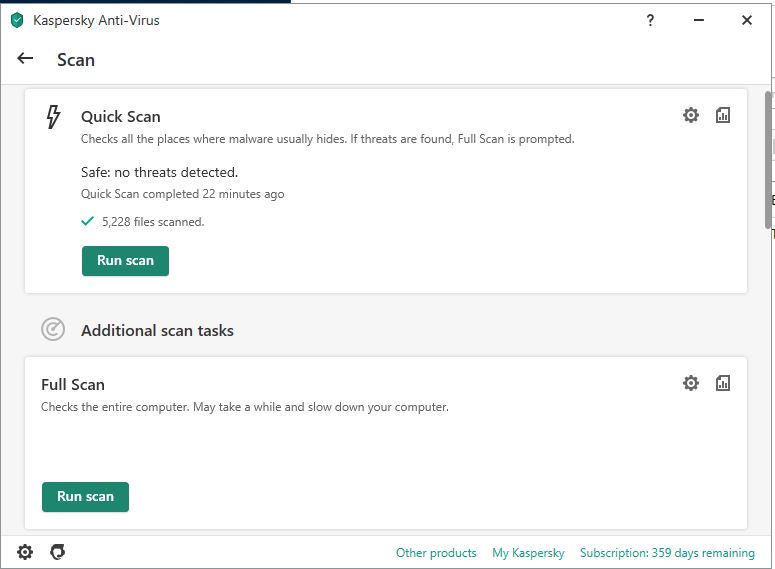
- Wait for the scan to complete
- If malware is found, follow the prompts to remove it
- Update BackupICQ.EXE:
- Go to the official website of the software vendor
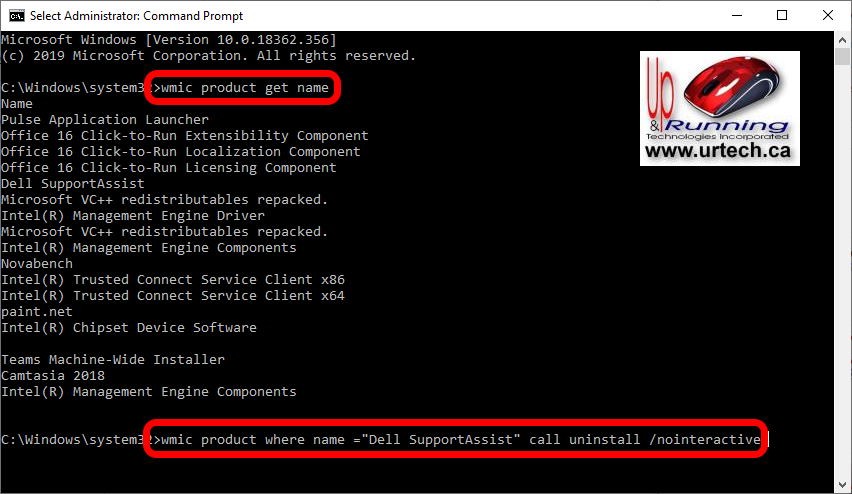
- Look for the latest version of BackupICQ.EXE

- Download the latest version to your computer
- Install the latest version of BackupICQ.EXE
- Go to the official website of the software vendor
- Disable BackupICQ.EXE from startup:
- Press Windows key + R to open the Run dialog box
- Type msconfig and press Enter
- Select the Startup tab
- Find BackupICQ.EXE in the list of startup programs
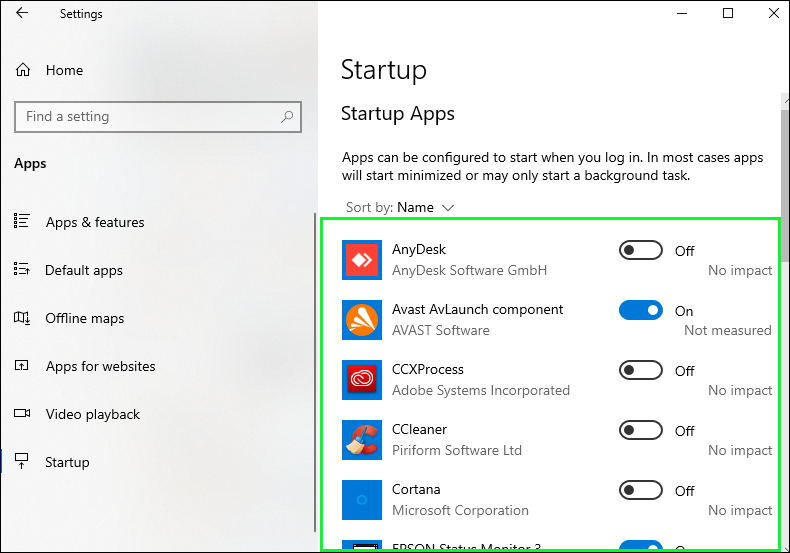
- Uncheck the box next to BackupICQ.EXE to prevent it from starting up with your computer
- Click Apply and then OK
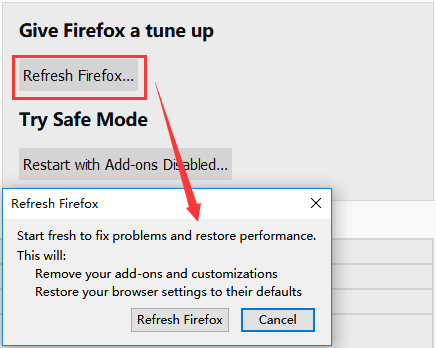
- Restart your computer
- Repair corrupt system files:
- Press Windows key + X and select Command Prompt (Admin)
- Type sfc /scannow and press Enter
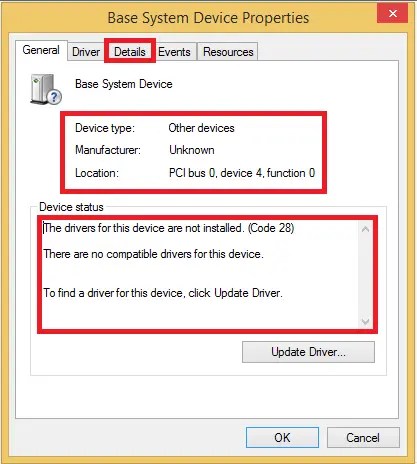
- Wait for the scan to complete
- If any corrupt system files are found, follow the prompts to repair them
- Reinstall BackupICQ.EXE:
- Uninstall BackupICQ.EXE from your computer
- Go to the official website of the software vendor

- Download the latest version of BackupICQ.EXE
- Install the latest version of BackupICQ.EXE
How to Repair BackupICQ.EXE Errors?
To repair BackupICQ.EXE errors, you can follow these steps:
1. Run a malware scan: Use an antivirus software to scan your computer for malware, viruses, and backdoors that may be causing the errors.
2. Update or reinstall the software: If the errors are caused by a specific software that uses BackupICQ.EXE, try updating or reinstalling the software to the latest version.
3. Check the file location: Verify that the BackupICQ.EXE file is located in the default folder, such as C:WindowsSystem32 or C:WinntSystem32, and not in a different location.
4. Check the registry: Use the Registry Editor to check for any incorrect or missing entries related to BackupICQ.EXE.
5. Disable unnecessary startup items: Use the Task Manager or System Configuration tool to disable any unnecessary startup items that may be interfering with BackupICQ.EXE.
Following these steps should help you resolve any BackupICQ.EXE errors you may encounter.
Methods to Uninstall EZ Backup ICQ Premium 6.29
| Method | Description |
|---|---|
| Method 1: Uninstall from Control Panel | Step 1: Go to Control Panel Step 2: Click on “Uninstall a program” Step 3: Select “EZ Backup ICQ Premium 6.29” Step 4: Click “Uninstall” |
| Method 2: Use EZ Backup ICQ Premium 6.29 Uninstaller | Step 1: Open the folder where EZ Backup ICQ Premium 6.29 is installed Step 2: Double click on “Uninstaller” Step 3: Follow the instructions to uninstall the program |
| Method 3: Use Third-Party Uninstaller | Step 1: Download and install a third-party uninstaller Step 2: Open the uninstaller and select “EZ Backup ICQ Premium 6.29” Step 3: Follow the instructions to uninstall the program |
| Method 4: Use Command Prompt | Step 1: Open Command Prompt as administrator Step 2: Type “wmic” and press enter Step 3: Type “product get name” and press enter Step 4: Find “EZ Backup ICQ Premium 6.29” in the list and note the product ID Step 5: Type “product where name=”product name” call uninstall” (replace “product name” with the actual name of the program and the product ID) Step 6: Follow the instructions to uninstall the program |
How to Use Third-Party Uninstaller to Remove EZ Backup ICQ Premium 6.29
To remove EZ Backup ICQ Premium 6.29, you can use a third-party uninstaller such as Revo Uninstaller. First, download and install the program. Then, follow these steps:
1. Open Revo Uninstaller and locate EZ Backup ICQ Premium 6.29 in the list of installed programs.
2. Select the program and click on the “Uninstall” button.
3. Choose “Advanced Uninstall” and follow the prompts to remove all related files and registry entries.
4. Once the process is complete, restart your computer.
It is important to note that some errors associated with BackupICQ.EXE may be caused by malware or backdoor programs. Make sure to scan your system with an antivirus software and remove any suspicious files or programs. Also, be cautious when downloading software from unknown sources and always keep your operating system up to date.
Disclaimer: This article is for informational purposes only. We do not endorse or recommend any particular software or method for removing programs. Use at your own risk.
